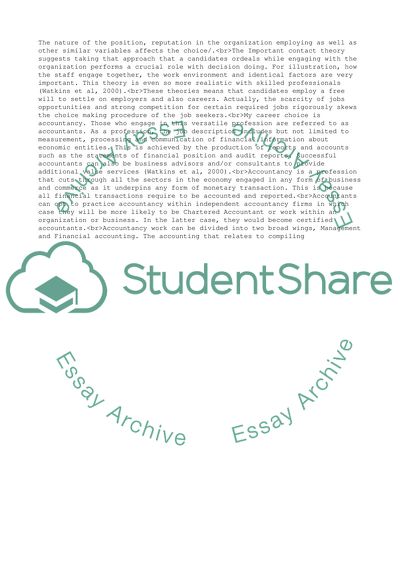Cite this document
(“Employability Skills Essay Example | Topics and Well Written Essays - 1500 words”, n.d.)
Employability Skills Essay Example | Topics and Well Written Essays - 1500 words. Retrieved from https://studentshare.org/management/1644054-employability-skills
Employability Skills Essay Example | Topics and Well Written Essays - 1500 words. Retrieved from https://studentshare.org/management/1644054-employability-skills
(Employability Skills Essay Example | Topics and Well Written Essays - 1500 Words)
Employability Skills Essay Example | Topics and Well Written Essays - 1500 Words. https://studentshare.org/management/1644054-employability-skills.
Employability Skills Essay Example | Topics and Well Written Essays - 1500 Words. https://studentshare.org/management/1644054-employability-skills.
“Employability Skills Essay Example | Topics and Well Written Essays - 1500 Words”, n.d. https://studentshare.org/management/1644054-employability-skills.


